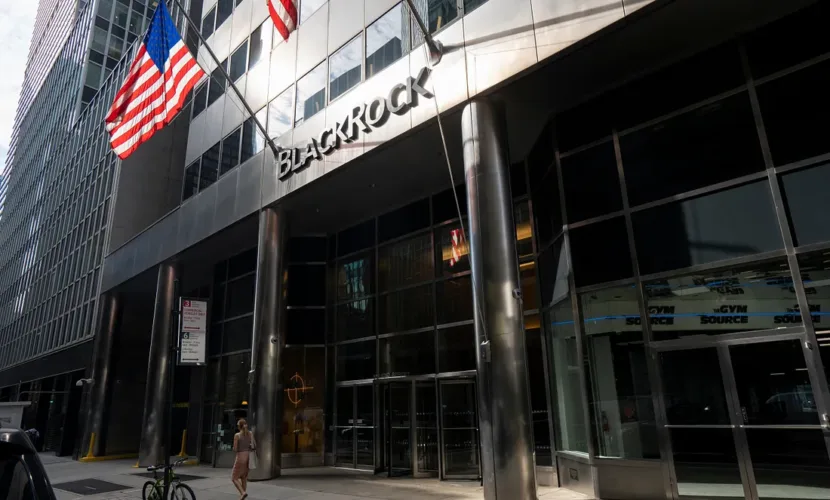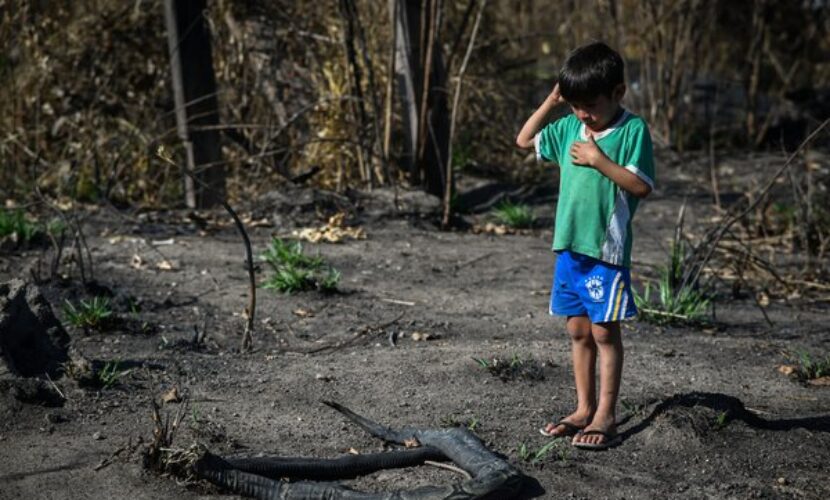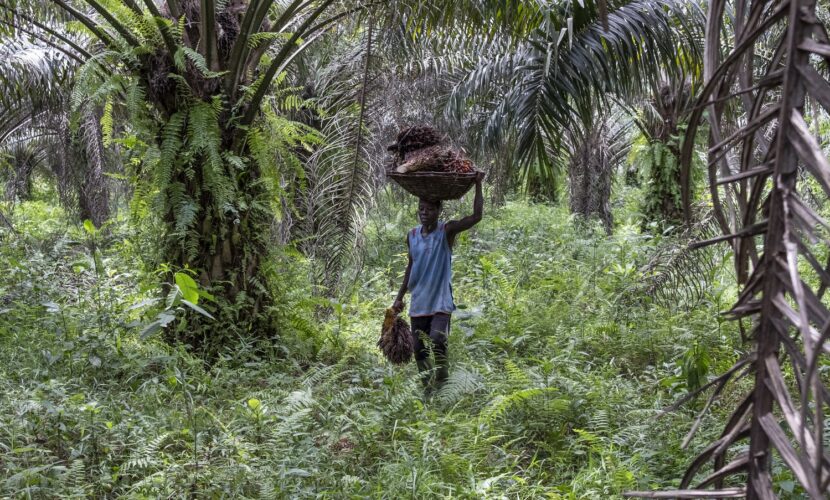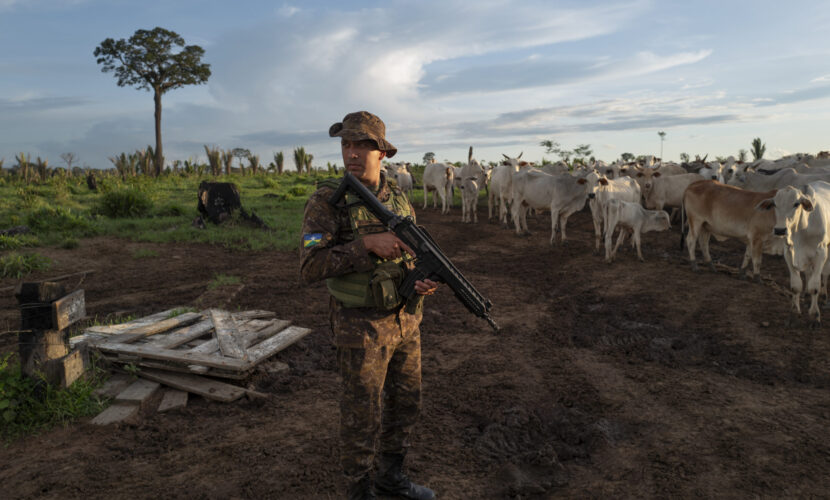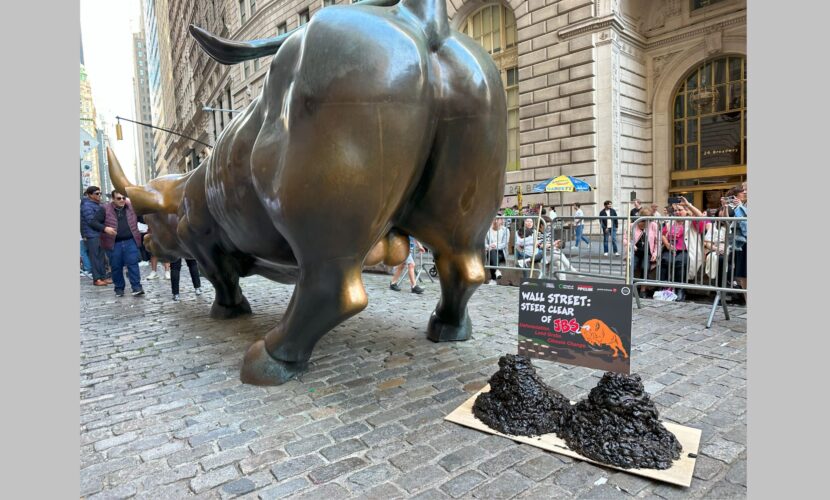最新記事&分析
Website names companies excluded by global investors and banks

The Hague/San Francisco, Dec 12, 2024.
The updated version of the Financial Exclusions Tracker is released today: http://financialexclusionstracker.org/. The website tracks which companies are being excluded by institutional investors, pension funds and banks due to human rights, public health and sustainability issues. The most common reasons for exclusion are links to fossil fuels, weapons or tobacco.
The Financial Exclusion Tracker is an initiative from an international coalition of NGOs striving for more transparency and information disclosure.
This public dataset gathers information from multiple sources, consolidating it in one accessible location so that investors, banks, civil society and the media are easily informed about which corporations have been excluded and the underlying reasons for the exclusion. The tracker lists a total of 5,534 company groups (66,708 subsidiaries) from 135 countries that have been excluded by 93 financial institutions in 17 countries. Providing an updated overview of financial exclusions, since the first launch in October 2023, this second version of the Tracker, includes even more investors and companies. In a novel addition, it also features sector exclusions.
The coalition expects this list to increase pressure on the identified companies to improve their business practices. It is also hoped that the tool will increase transparency amongst investors and banks and encourage them to publicly share their exclusion policies. Civil society, investors, and governments can use the database to identify the companies with the largest Environmental, Social, and Governance (ESG) risks, as flagged by financial institutions themselves.
Climate is the most cited reason for exclusion of companies
The most common motivation for excluding companies is climate/fossil fuels (48%) This is followed by weapons (15%), tobacco (13%), country policy (e.g. exclusion of Russian companies) (6%), product-based exclusions (e.g. alcohol, gambling) (5%) human rights (4%) and business practices (e.g. corruption) (3%).
The companies most commonly excluded by investors and banks as per reason for exclusion motive, are:
- Climate (almost exclusively fossil fuels): China Energy, China National Coal Group (ChinaCoal), Banpu, Shandong Energy Group, State Power Investment Corporation (SPIC)
- Weapons (cluster munitions, anti-personnel mines, nuclear weapons): Poongsan, Larsen & Toubro, China Aerospace Science & Technology Corporation (CASC), Northrop Grumman, SNT Holdings
- Tobacco: Altria Group, Philip Morris International, British American Tobacco (BAT), Imperial Brands, Japan Tobacco (JT)
- Human rights violations and risks: Vale, Energy Transfer, China National Petroleum Corporation (CNPC), Tokyo Electric Power (TEPCO), Oil & Natural Gas Corporation (ONGC)
- Business practices (e.g. controversial behaviour and corruption): China National Petroleum Corporation (CNPC), JBS, Adani Group, POSCO, KEPCO (Korea Electric Power Company)
- Country policy: Gazprom, Saudi Arabian Oil Company (Saudi Aramco), China National Offshore Oil Corporation (CNOOC), Bank of China, China Merchants Group
- Environment (e.g. deforestation, destruction of biodiversity): Barrick Gold Corp, Jardine Matheson Group, Genting Group, Glencore, JBS
- Product-based exclusion (e.g. alcohol, gambling, palm oil): Genting Group, Flutter Entertainment, MGM Resorts International, Caesars Entertainment, Entain
The top 5 countries with the most excluded companies are (1) USA 1,160, (2) China 852, (3) India 341, (4) Canada 290, and (5) Russia 283.
Fossil fuel companies do not only feature prominently in the climate category, but also in the categories related to human rights violations and controversial business practices.
The original motivation for excluding each company can be found on the Financial Exclusions Tracker website, provided the financial institution has disclosed the reason for the exclusion. The data are searchable by company, investor, country of the investor, country of the company, exclusion category and subcategory. This data will be updated on a yearly basis, to reflect the regular changes in these financial exclusion lists.
Financial Exclusions Tracker is an initiative by:
BankTrack, Both ENDS, Fair Finance International, Forests & Finance, Health Funds for a Smokefree Netherlands, Milieudefensie (Friends of the Earth Netherlands), PAX, Profundo Research Foundation, Rainforest Action Network, and the Environmental Paper Network.
For more information:
Forests & Finance <forestsandfinance@ran.org>, Merel van de Mark: merel@ran.org
Fair Finance International, Kees Kodde: +31 6 5362 3818
Profundo, Ward Warmerdam: w.warmerdam@profundo.nl
Quotes
“This dataset shows for example that palm oil producers like Genting Group and Jardine Matheson and meatpacker JBS, have been excluded by dozens of financial institutions over environmental concerns. This should be a red flag for anyone considering doing business with these companies.”
Merel van der Mark, coordinator of the Forests and Finance Coalition
“We welcome the fact that several financial institutions exclude companies due to the links with detrimental climate, human rights and biodiversity impacts. We urgently need regulation at European level that prohibits deforestation finance. If we do not stop harmful finance we will not meet any global climate or biodiversity goals. Currently the European Commission is reviewing the role of the financial sector in the framework of the EU anti-deforestation regulation and we need to see an ambitious proposal for regulation in June 2025. “
Danielle van Oijen, Forest Program coordinator Milieudefensie (Friends of the Earth Netherlands)
“This database is a very valuable source of information for the financial sector, media, business and civil society. Extra due diligence is required for companies who appear in this database. We hope that the companies mentioned will clean up their act.”
” Kees Kodde, project lead Fair Finance International
“Annually, the tobacco industry is responsible for more than 8 million deaths worldwide and has a reputation for deception and deceit. It is an industry in which one should not want to invest. This database will hopefully inspire other parties,”
Hans Snijder, director of the Health Funds for a Smokefree Netherlands.
“Public exclusion is a very important way for investors to exercise influence when companies do not listen to their sustainability demands. This tool helps to amplify investor positions and increases the pressure on companies to act.”
Jakob König, leader of Fair Finance Guide in Sweden
“This new database will empower our advocacy with investors, and it allows us to better help people affected by the negligent behaviour of companies violating human and environmental rights.¨ Ana Xambre Pereira, International Flow Advocacy Officer at Both ENDS (the Netherlands).
“Banks and other investors are well advised to carefully consult this new Exclusion Tracker as part of their overall due diligence procedures on new and existing clients, as these exclusions by other financial institutions result from similar vetting procedures that have brought to light aspects of those companies’ performance deemed unacceptable by them. Such exclusion decisions by peers may well be a good reason for a bank to once more assess the risk of the client relationship, or even follow their example” – Johan Frijns, Executive Director of BankTrack (Netherlands)

